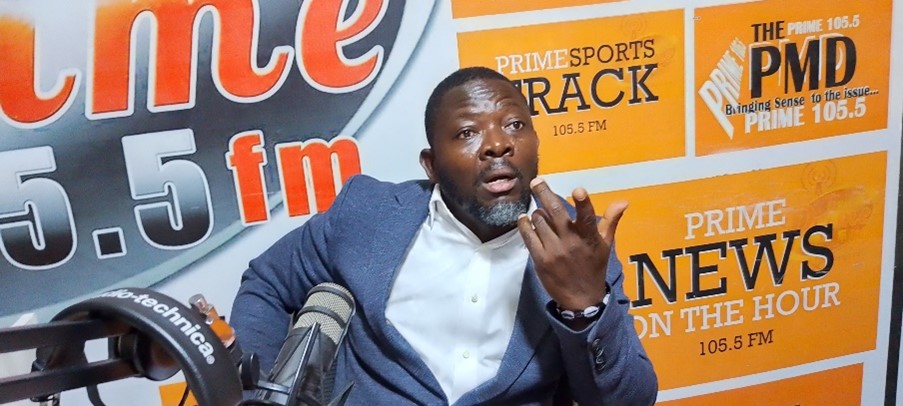On November 1, 2024, a prominent Liberian advocacy group known as Campaigners for Change expressed strong opposition to the actions of a coalition of lawmakers aiming to oust Speaker J. Fonati Koffa, labeling it a “constitutional coup d’état.” Vandalark Patrick, the Executive Director of the group, led a press conference in Monrovia where he articulated concerns over legislative attempts that he believes inaccurately portray compliance with the constitutional framework, specifically citing the potential infringement of citizens’ rights and democratic principles. By denouncing the actions of the majority bloc as a threat to constitutional governance, Patrick warned of impending mass protests if the members of the House of Representatives fail to adhere to constitutional mandates and the decisions made by the Supreme Court regarding their actions.
Patrick underscored the criticality of the Honduran Constitution, particularly emphasizing Article 9 that grants the House authority to elect its presiding officials, with attention drawn towards the conditions necessary for their removal. He argued that while it is within the legislature’s capacity to restructure its leadership, any such processes must respect constitutional stipulations. He pointed to Articles 29 and 38, which delineate the necessity for adherence to legal standards and procedures, suggesting that the current motions against Speaker Koffa violate these established laws and set a troubling precedent. Highlighting the importance of due process, Patrick called upon the representatives to reconsider their strategy and respect the judicial ruling in favor of Koffa, thus reinforcing the notion that political maneuverings should not undermine legal tenets.
The accusations levied against Koffa have stirred much debate, necessitating a reminder that all individuals, including public officials, are presumed innocent until proven guilty under Liberian law. Patrick appealed to the public and the lawmakers to uphold this principle of justice, emphasizing that the alleged wrongful removal of the Speaker should not become a politically manipulated endeavor. To further drive the point home, he differentiated the accountability mechanisms embedded within the legislative functions from a potentially overwhelming political strategy that disregards legislation, thus heightening concerns about the violation of constitutional integrity.
Moreover, Patrick highlighted the urgency and significance of ensuring that the political climate in Liberia does not regress into patterns reminiscent of the country’s tumultuous civil war past. He reiterated that the actions taken in the legislature must reflect a commitment to rule of law and stability rather than political power struggles. Echoing the sentiments of many Liberians who witnessed the consequences of such political fluctuations, Patrick issued a clear message that the dignity of the law must prevail over partisan politics. This sentiment is framed within a larger narrative about recognizing and respecting Liberian civil rights and democratic values through adherence to constitutional structures.
As the situation unfolds, Patrick and the Campaigners for Change are gearing up for a possible mobilization of citizens if the House of Representatives chooses to ignore or dismiss the constitutional mandates concerning Koffa’s position. He lamented that the current legislative majority appears to be unwilling to uphold democratic principles in favor of power consolidation. Such a scenario, according to Patrick, threatens not only the credibility of the legislative process but also undermines the collective legislative efforts to reconcile with Liberia’s history and implement a stabilizing framework for governance and societal development.
In conclusion, Patrick’s strategic stance is not merely a reaction to this specific political event; it is indicative of a broader commitment to safeguarding constitutional governance in Liberia. His call for protection against political violations and advocacy for due process embodies a powerful reminder of the delicate balance between governance, legal authority, and civil rights. As his organization prepares to potentially take to the streets, they aim to emphasize the moral obligation of public officials to maintain the rule of law while urging citizens to participate actively in the defense of their constitutional rights and democratic principles. This advocacy serves as a poignant reminder that liberty and justice remain fundamental, requiring ongoing vigilance and active engagement from both the citizenry and its representatives.














